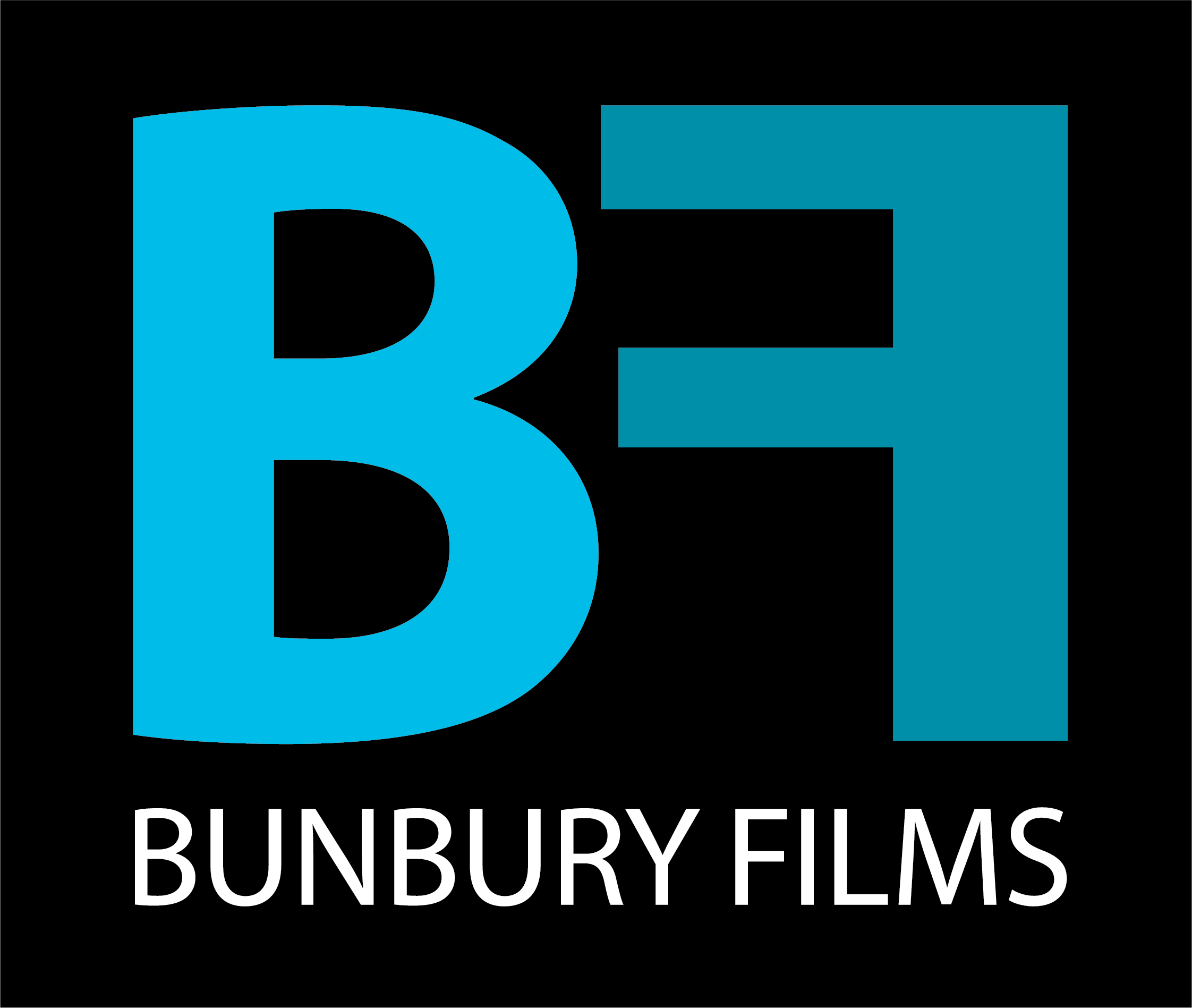Memory Is Our Homeland (2019)
Recognition
2018 Audience choice Award RIDM (world premiere)
Festivals
Moscow International Film Festival Krakow International Film Festival
Organise a screening -
Contact us at info@bunburyfilms.com
Press archive - Click here
Keep up to date on Facebook
Polish Refugees in Africa?
You think you’ve heard every story about World War II? You haven’t heard this one! Beginning in 2008, director Jonathan Durand began interviewing his grandmother about her childhood stories of growing up as a Polish refugee in East Africa. Say it again, “Polish refugees in East Africa”. It’s true, women and children spent most of 1942-1952 living in mud huts, riding rhinos and dancing with African tribes-people before spreading across the western world because they couldn’t go back to Poland.
Collage of refugees in Africa
But there’s more: delving into her story, Jonathan uncovered that she was among 1 million Polish Catholics and Jews deported from Soviet-occupied Poland to Siberia in 1940, a small fraction of whom escaped the USSR to refugee camps in Uganda, Kenya, Zambia, Zimbabwe, South Africa, and Tanzania. Throughout the film, a group of elderly female survivors recount how they ended up, as young girls, travelling through Siberia, Kazakhstan, Iran, and India, to spend nearly a decade living in huts made of mud and straw across East Africa.
Mixing interviews, footage shot on location, lost WW2 newsreels, and the personal photos and home movies of the former refugees, we learn how these women continue trying to make sense of a childhood not only beyond imagination, but also mysteriously left out of the history books. "Memory Is Our Homeland" is a 90-minute documentary about this forgotten odyssey, and the struggle to remember it.
History: In 1939 Stalin approved the Molotov-Ribbentrop non-aggression pact with Hitler allowing him, among other things, the ability to reclaim eastern Poland, in what today is known as Belarus and Ukraine. In doing so he sent many of the Polish citizens – some report that there were one million people – to work in Siberian work camps. Men, women and children spent up to two years working in the Gulags. Upon switching to the allied side, Stalin was forced to liberate what remained of these Polish citizens. They couldn’t go back to Nazi occupied Poland. They couldn’t go home to Soviet claimed Eastern Poland. Where could they go? The men joined the Polish Army in Kazakhstan and the women, children and elderly journeyed toward British colonies in Eastern Africa.
OFFICIAL WEBSITE
Check out the MEMORY IS OUR HOMELAND
Credits
Producer/Director/Camera Jonathan Durand
Executive Producer Frederic Bohbot
Editor Catherine Villeminot
Composer Mikael Tobias
Line Producer Valerie Shamash
Distributed by Bunbury Films
Produced in association with Telefilm Canada.
Specifications
Genre: Documentary
Category: History, Point of View
Production year: 2019
Language: English
Duration: 90 minutes
Delivery Format: Electronic File, DCP, BlueRay
Contact us to learn more about licensing this film.



